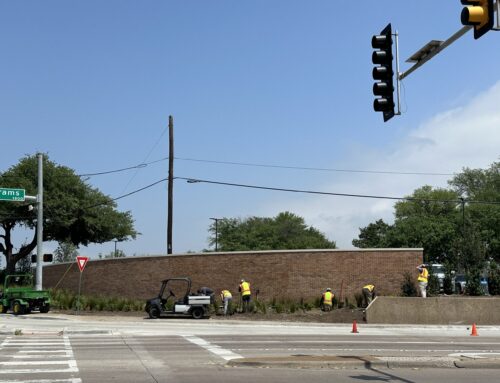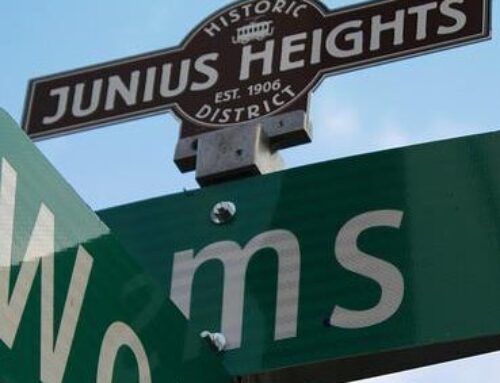Here’s a potentially menacing development in public education: The Richardson Independent School District recently was ordered to reimburse a family for approximately $50,000 spent to care for their child in a private treatment facility for behavior disorders after the family sued saying that RISD failed to provide adequate care/educational opportunities in the public school system. This issue is more complicated than I can explain here in a few words, so I encourage you to read this story that was published in the News the other day before forming too many radical opinions.
In a nutshell, here’s what happened. A six-year-old girl is diagnosed with bi-polar disorder, so her parents try eight private schools before enrolling her in RISD in the 5th grade. In junior high, the girl began "acting out", arriving late for class, leaving early and walking out of class without permission almost daily, according to the News story. The girl disrupted tests, overturned furniture and cursed at teachers, among other things; the parents blamed at least part of her behavior on RISD, saying their daughter "was not being fully supervised", according to the News story. Finally, RISD offered the girl one-on-one instruction with a long-term substitute at Richardson High School, but things just became worse, and a psychiatrist reocmmended she be sent to a residential treatment center to get her behavior under control. That’s where the reimbursement expenses come in.
This isn’t a commentary on the girl’s condition or anything like that; obviously, none of us know enough about her personal condition to delve into that. Instead, this is a question about where private ends and public begins, and vice versa.
What does any of this have to do with those who don’t live in RISD’s boundaries and aren’t paying RISD school taxes? Well, DISD is a pretty big target with all kinds of special-needs children, too. And I’m sure there are plenty of other parents spending money with private institutions who believe that a school district failed them; how many will head to the courts to seek reimbursement for their expenditures? Here’s another: Where do you draw the line between a parent’s responsibility to educate a child and the public school system’s?
The News story indicated that RISD hadn’t decided whether to appeal the judgement yet. We’ll try to keep you updated on further developments as they occur.






